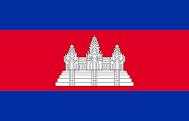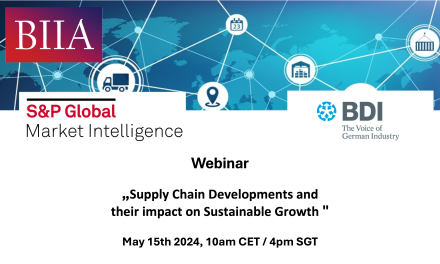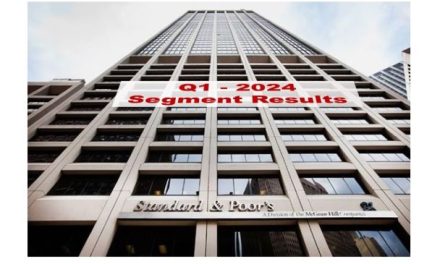After 38 years in power, Hun Sen, Asia’s longest-serving leader, is handing the reins to his son, Hun Manet.
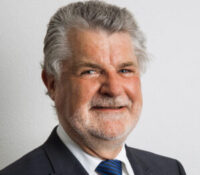
Adrian Ashurst, CEO of Worldbox Intelligence, explains the challenging economic problems the country faces and why Cambodia’s policies are likely to remain unchanged as the new generation takes charge.
The leader might be new, and three-quarters of the faces in the cabinet are also fresh, but policy changes in Cambodia are unlikely. The new leader, Hun Manet, has long been groomed to take over from his father, Hun Sen, and nearly all of the new cabinet members are either the children or other close relatives of those they are replacing.
Tea Seiha, for example, replaces his father, Tea Banh, as Minister for National Defence, while Sar Sokha assumes the Minister of the Interior role relinquished by his father, Sar Kheng. Both will also serve as deputy prime minister.
Moreover, Hun Sen will continue to wield considerable influence behind the scenes. He has even stated that he could return as prime minister:
“I warn you that if my son’s life is endangered, the possibility of returning to be the prime minister is that I have to come back and work. I have to return to be the prime minister for a while. After that, I will choose who can be the next prime minister.” 1
A tricky inheritance
Hun Manet faces a number of challenges, foremost the economy. Tourism, which in 2017 was estimated to represent a third of Cambodia’s GDP, was down 33% in the first quarter of 2023 against the same period in 2019. The key problem is Cambodia’s loss of appeal to Chinese visitors worried about security in the country.
The garment sector, which accounts for another third of Cambodia’s GDP, is struggling too. More than 50,000 Cambodian garment workers have lost their jobs as companies have struggled. Some firms have made cutbacks to try to stay afloat, while others have closed, Radio Free Asia reported earlier this year. It cites the loss of some of the country’s preferential trade advantages with the European Union due to human-rights issues.
Figure 1: Slumping goods exports highlight the economic difficulties facing Cambodia
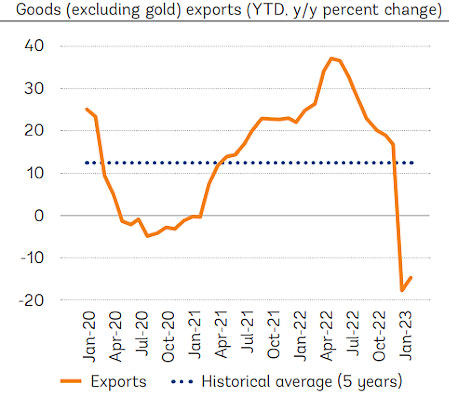
However, it is the property sector where the problems are most significant. An oversupply of projects amid weakening demand, particularly from China, has ended the sector’s long boom. The decline is particularly evident in the Phnom Penh office sector. CBRE’s review of the first half of 2023 states:
“The average occupancy rate decreased from 60% in the previous quarter to 58% in the first half of 2023. While office rents in both central and non-central business districts increased between 2% to 4% from 2nd half of 2022, meaning rents remained stagnant. This plateau follows a considerable decline of up to 20% in office asking rents since the peak in 2019.” 2
The difficulties are likely to worsen, given a significant increase in supply and likely subdued demand for office space throughout the remainder of 2023.
Meanwhile, many Cambodians – having believed that prices would continue rising – are now struggling to repay large loans taken out when credit was easy to obtain.
Radio Free Asia says the economic problems touch every sector of society, from the richest down to the poorest, and are leaving banks holding a worrying amount of outstanding loans – a possible precursor to financial crisis, according to the World Bank.3
China’s woes
The problems facing China – one of Cambodia’s largest export markets and its main source of FDI – will also weigh on Cambodia. Deflation, soaring youth unemployment, a collapsing property market and slumping export sales suggest China is entering its most challenging economic environment for decades.
That means Cambodia will almost certainly have to try and reduce its dependence on China in the long run. Western-educated Hun Manet is likely to understand that need, and according to the Voice of America (VOA) the process is already underway. The broadcaster quoted Astrid Norén-Nilsson, a senior lecturer at the Centre for East and South-East Asian Studies at Lund University in Sweden, as saying:
“Whilst the emphasis of the new government will be on deepening cooperation with China, I think there is an ambition toward diversification and a sort of normalization of relations with the U.S.”
Norén-Nilsson said that efforts are already underway in Cambodia to court Western countries through a “think tank” at the Foreign Ministry staffed by Western-educated officials. Moreover, the ruling Cambodian People’s Party (CPP) has spent more than US$1 million on high-end lobbyists to burnish Cambodia’s image in Washington in recent years.
The VOA added that Washington is particularly concerned about development at Cambodia’s main naval base, where US officials say China is secretly building a naval facility for its exclusive use. Both Phnom Penh and Beijing deny the reports.4
However, any rebalancing away from China and towards the West is likely to prove very difficult. As The Diplomat points out:
“China holds a third of Cambodia’s national debt. Chinese state-owned enterprises are investing, building, and operating key and critical infrastructures essential to [the] Cambodian economy, including airports in Phnom Penh, Siem Reap, and Koh Kong, high-speed rail projects, and a man-made shipping canal connecting Phnom Penh and the Gulf of Thailand.” 5
Moreover, moving closer to the West would entail reforms to Cambodia’s political system – to assuage Western concerns over human rights and the democratic process – that could threaten the CPP’s grip on power.
Hun Manet will need all the political skills – and the ruthlessness – of his father to navigate a way through the potential economic and foreign-policy pitfalls that lie ahead in the coming years. It seems clear he won’t be short of advice from Hun Sen and the other leaders of the CPP, who have stepped into the background but will be watching closely.
1 https://thediplomat.com/2023/08/cambodias-hun-sen-says-he-will-remain-power-behind-the-throne/
3 https://www.rfa.org/english/news/cambodia/cambodia-economy-election-07202023095432.html
5 https://thediplomat.com/2023/08/how-will-chinas-relations-with-cambodia-fare-under-pm-hun-manet/
Source: Worldbox Press Release
About Worldbox Business Intelligence
Worldbox Business Intelligence, headquartered in Switzerland, is a Global API data solution provider of business intelligence and used in data analytics.
With the Global API solution Worldbox Business Intelligence enables clients and partners also a frictionless real time onboarding, KYC and compliance verification while rapid global investigations are provided, if needed.
Worldbox Business Intelligence provides global data in a standardised structure to more than 200 Million companies worldwide. The global network of subsidiaries, branches and desks allows to precisely and efficiently collect data and target key territories for clients and partners.”
“Worldbox Business Intelligence – Bringing Swiss Precision To Data”
Copyright (C) 2023 Worldbox Business Intelligence. All rights reserved.
Our mailing address is:
Worldbox Business Intelligence
Breitackerstrasse 1
Zollikon
Zurich 8702
Switzerland
